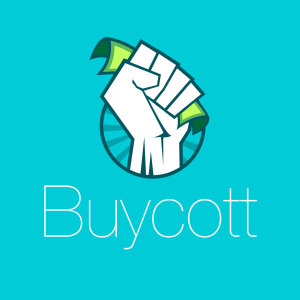
Transparency, Big Data and Internet Activism
Internet activism—and internet democracy—depend on accessible public meeting spaces online. So why are there so few of them?
By Micah L. Sifry
UTNE Reader, October 2014
Micah L. Sifry tackles the reasons progressive change has failed to manifest with the growth of the internet in The Big Disconnect (OR Books, 2014). Internet activism seemed like the wave of the future only two decades ago, but the Internet’s potential as a tool for progressive change has not quite given rise to sustained political mobilization and participation. The following excerpt from Part 4, “The Way We Look To Us All,” focuses on ways to create online public spaces that cater to internet democracy and internet transparency in ways current social media does not.
The Internet does not have to become one more means for mass marketing and manipulation. It can also transform civic life into something far more participatory, transparent, and engaging. And rather than just work as a tool for petitioning and protest that a few people use on behalf of much larger atomized groups of individuals, it can link problem-spotters with problem-solvers, and make everyday life better in myriad ways.
As Ami Dar, the founder of Idealist.org, a hub for listing volunteer service opportunities, likes to say, “Our problems are connected, but we are not.” That is, most people don’t know who lives near them, or what they may be thinking about important issues. The way Big Data now works, only the managers of giant data-streams have a comprehensive understanding of who is interested in what. For example, Google knows who is searching for terms that relate to the flu, and can use that information to build a model that predicts where outbreaks are taking place. It can even (and does) serve up useful medical advice for such search results.






